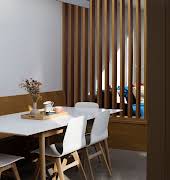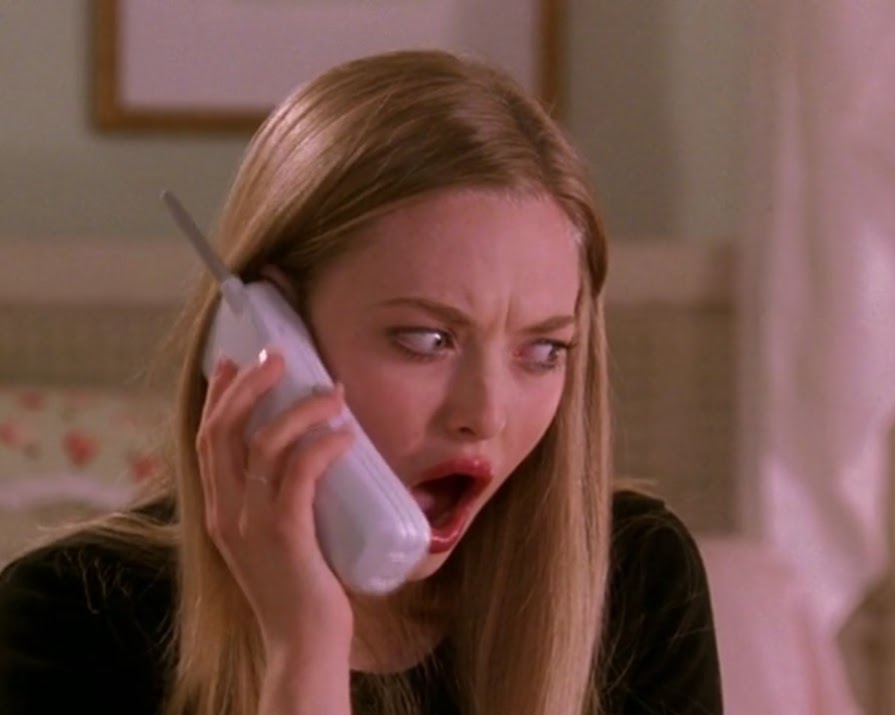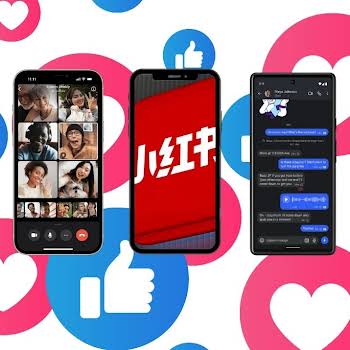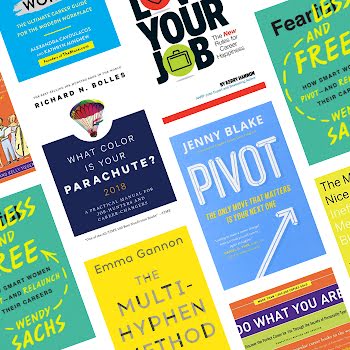By Grace McGettigan
13th Feb 2024
13th Feb 2024
There is not a soul on this earth who likes calling a stranger on the phone. Or even worse, have to answer a call from a number they don't recognise. But why does it terrify us so much?
When was the last time you made a phone call? Did you chat for long? Was the conversation enjoyable? I had to ring someone yesterday (it was a ‘pick me up a bag of chips’ emergency) and my stomach was in knots.
Something about dialling a number, listening to the incessant ring, and the anticipation of whether or not they’ll answer gives me major social anxiety. I’m talking dry mouth, need-to-gulp, twitchy thumbs anxiety. I’m a texter, through and through, and the thought of having to speak out loud, on the spot, frightens me.
Let’s not forget fear-inducing incoming calls either – especially those coming from a private number. The number of times I’ve stared at my phone in horror while it rang straight through to voicemail, and thought, ‘why couldn’t they just email me?’
Also, who is it? Has someone died? Am I being scammed? Natalie (31) says, “When my phone rings, my instinct is that something terrible has happened. I think it’s because I receive calls so little that when I do, I assume it must be something serious.”
She and I aren’t the only ones. According to research carried out by Open Market, 75% of millennials would rather text than have a conversation over the phone. Also, a study by Jurys Inn Hotel Group found that phone calls make 40% of us nervous, and one in 20 of us ‘terrified’.
It’s not that I’m afraid of speaking in general. Put me next to a friend (or even a stranger) and I’ll happily make conversation – but something about phone calls just doesn’t sit well with me.
The irony of it is the majority of us never leave our phones out of our hands. We bring them to dinner, to bed and to the bathroom, but use it for what it was intended for? Oh, Lord, no. But that’s ok. Some means of communication suit certain people better than others.
The psychology behind it
Lorraine Hackett at the MyMind Centre for Mental Wellbeing says, “We live in a society that has many forms of communication. Each of these has its own social identity – for example, being on Facebook Messenger or WhatsApp has a connotation about the kind of communicator we are.
The form of communication we choose can represent us socially, even before we say anything. Phone calls, within this context, seem archaic and the idea that we have to be understood solely by what we say can be frightening.”
She adds, “there can be an urgency to a phone call that is not present in other forms of communication. Putting a succinct and articulate message together verbally can seem a lot more difficult than communicating from behind a screen.” Now, this I can relate to.
I much prefer thinking about what I’m going to say, typing and editing it before it’s sent to the receiver. “Screens, essentially, are our barrier to immediate contact and can quickly turn into a shield.” When saying something by text, you can phrase it exactly how you want while avoiding the immediate (potentially negative) reaction. There are no awkward pauses, no stumbling over your words.
Handling the problem
To be fair, we don’t really need the call function on our phones. I can book my beauty and GP appointments online, and as for ordering food – there’s an app for that. I don’t even need to ring the tax office anymore because they have an online DIY system. But just because I don’t need to ring people (or answer the phone when they ring me), doesn’t mean I shouldn’t tackle my problem. I don’t want to clam up at the thought of a phone conversation, and in a world where we’re surrounded by screens, it would do me good to look away from WhatsApp once in a while.
I asked Lorraine about the best way to handle the situation. She says, “Like any anxiety, what we’re essentially processing is fear, and as with any fear, it is important to ground ourselves when we feel it. A person with this particular anxiety needs to assess whether or not this is detrimental to their life. Does this anxiety impede their functioning? Or does it simply inform them of their (dis)comfort with the boundary between them and the rest of the world?”
“If a person’s anxiety becomes overwhelming, it’s a good idea to have an ‘escape plan’…”
“If the person feels that this anxiety is a genuine issue for them, they need to explore it,” Lorraine continues, “What are they most anxious about? Does it relate to the context of when the phone rings (ie. the people around them, the state of mind they are in, the sensitivity of verbally expressing their views)?
Simple grounding and breathing exercises will always help with identified anxieties. Knowing what the point of anxiety is, allows the person to prepare for the physical symptoms (dry mouth, increased heart rate, etc.) and have a plan in place for themselves. Allow time to take a deep breath and root your feet on the ground.”
Lorraine’s next point is one worth noting. “If a person’s anxiety becomes overwhelming, it’s a good idea to have an ‘escape plan’. If they know that this phone call has become ‘too much’, they have a pre-scripted end to the call that allows them time to compose themselves. Having this plan in place is often enough to interrupt the spiral of anxiety and allow the person to take or make the phone call incompletion.”
Phone calls are back in vogue
Engaging, personal phone calls are becoming trendy again, while screen time is becoming less so. The Wing in Manhattan, New York, introduced gorgeous phone booths to allow guests to make calls in quiet, private spaces. Unlike the dirty, litter-laden phone boxes on the streets of Dublin, these booths are painted in bright, pastel colours, are equipped with a comfortable stool, power sockets, a small desk, and an old-school ring dial phone.
Speaking to the New York Times, Audrey Gelman, founder of The Wing said, “Each room is named after our favourite fictional female characters – like Ramona Quimby, Lieutenant Uhura, and Lisa Simpson – and provides members with a quiet space for private conversation”.
I’m going to start giving phone calls a try. Next time my Samsung rings, I’ll answer it – that’s if I recognise the sound. I can’t quite remember what my ringtone is.
Photo: Unsplash. This piece was originally published in September 2018























